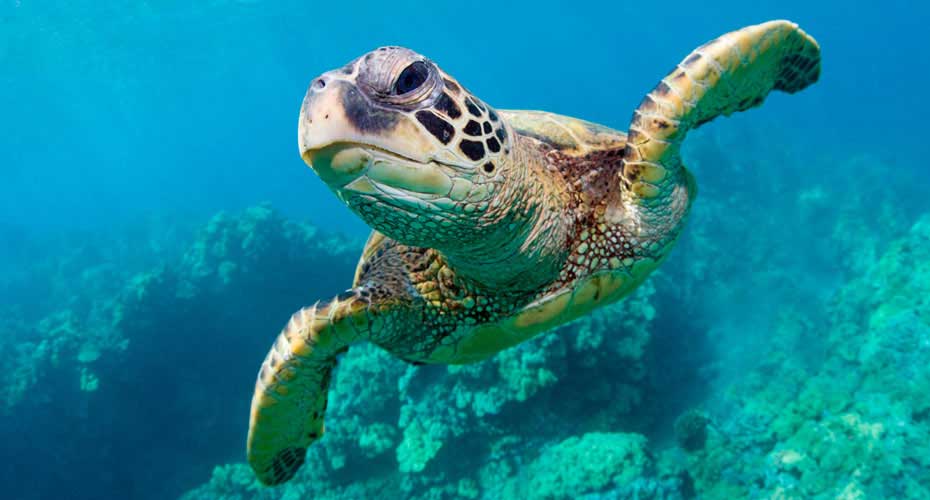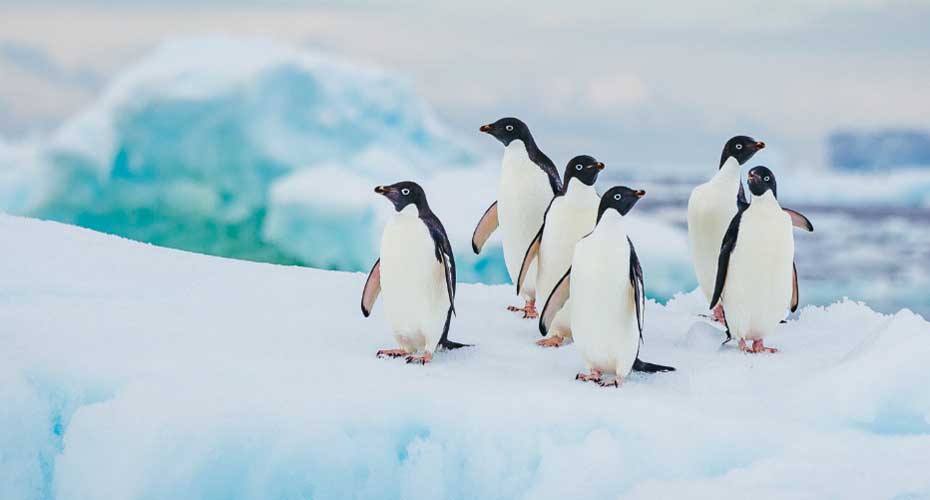Tamara Galloway
Professor of Ecotoxicology
I am a Professor of Ecotoxicology based in Biosciences at the University of Exeter. I study the human/wildlife health effects of priority pollutants, including crude oils, plastics and chemical additives, with a focus on the marine environment. I have advised governments and agencies worldwide on environmental policy. Our work, especially on microplastics has provoked a lot of discussion and I’ve been listed by Clarivate since 2017 as one of the World’s Most Highly Cited Researchers. We have won several awards, most recently the Queen’s Anniversary Prize in 2020 and the Volvo Environment Prize in 2022.










